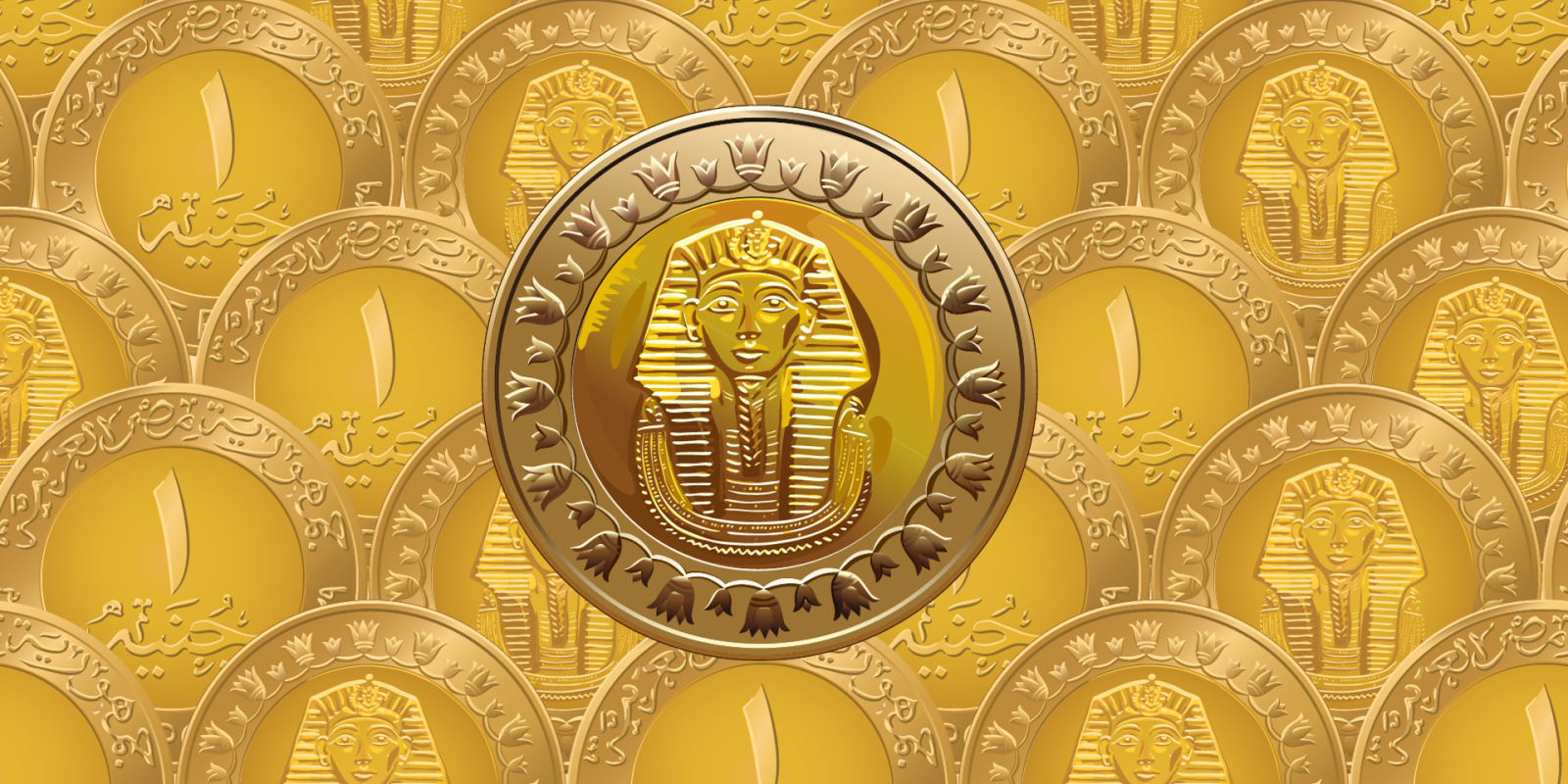
Examining the Egyptian Economy
The Egyptian economy has faced many challenges in recent years, including a two-time devaluation of the Egyptian pound, soaring inflation and a foreign-exchange crunch, which has resulted in restrictions on credit usage in foreign currencies.
What does the economic landscape look like in Egypt right now, and what can we expect moving forward? We spoke with Ahmed Abou-Zaid, professor of economics at AUC, to learn more.
The Central Bank of Egypt has recently banned the use of debit cards abroad and restricted credit usage for transactions in foreign currencies. Why has it taken such steps?
Central banks across the world adopt various targets and objectives, ranging from price stability and high employment to fostering economic growth. In the case of the Central Bank of Egypt, its current primary focus is maintaining stability in the foreign exchange market. Recent decisions made by the CBE, such as banning the use of debit cards for foreign currencies, serve as a reflection of the foreign currency shortages Egypt is currently suffering from. The Central Bank aims to stabilize the market by retaining a significant portion of foreign currency within the country's borders. Recently, there have been reports of individuals being sent to foreign countries with numerous debit cards to withdraw dollars from their Egyptian pounds’ accounts. This practice has resulted in a substantial decline in Egypt's foreign reserves, worsening the existing problems.
What does this signify?
Egypt's focus on foreign exchange market stability, while confronting foreign currency shortages and inventive practices to access foreign currency, underscores the importance of prudent Central Bank policies to safeguard the country's economic well-being. These measures are pivotal in addressing the challenges posed by capital flight and depletion of foreign reserves.
Do you expect another devaluation? If so, approximately when?
Given the current state of Egypt's foreign reserves, it's evident that the price of the U.S. dollar in the black market has surpassed EGP 42, which represents a considerable premium of approximately 10 pounds over the official exchange rate. Given these conditions and in the context of Egypt's agreement with the International Monetary Fund, there is a strong likelihood of another devaluation occurring by January 2024. This impending devaluation should be seen in the broader context of Egypt's economic challenges and its commitment to agreements with international financial institutions like the IMF.
How do you foresee people's cost of living and general expenses being affected amidst the current economic conditions?
Two recent currency devaluations, sluggish wage growth, limited economic subsidies and a rapid population growth, have contributed significantly to a notable decline in the living standards of the Egyptian population. The elevated value of the U.S. dollar has played a major role in raising the cost of imported goods, the majority of which encompass essential products, such as food and medicine, as well as crucial inputs for manufacturing and agriculture.
Should we expect inflation to rise?
Official data published by the Central Bank underscores a consistent upward trend in inflation over the past two years, averaging at around 40%. With another devaluation on the horizon, it's a straightforward projection that prices will continue to surge, given that foreign components or inputs are integral to nearly every product in Egypt.
What do you foresee for the Egyptian economy through the end of this year? Into next year? In the long term?
Forecasting the trajectory of Egypt's economy is an easy task as it depends on multiple factors. In the short term, the foremost concerns include persistent inflation and depreciation of the Egyptian pound, posing significant challenges that will lead to higher prices and lower standards of living.
Looking ahead to the mid and long term, Egypt's economic prospects can be enhanced through the implementation of a range of policies, such as attracting foreign investments, managing population growth, advancing infrastructure projects and adopting sustainable practices. By strategically employing these measures, Egypt can chart a path toward economic improvement and sustainability in the coming years.
What advice would you give to people living in Egypt to cope with these challenging conditions?
A very difficult question, but what I can think of is “work hard and budget wisely”.
